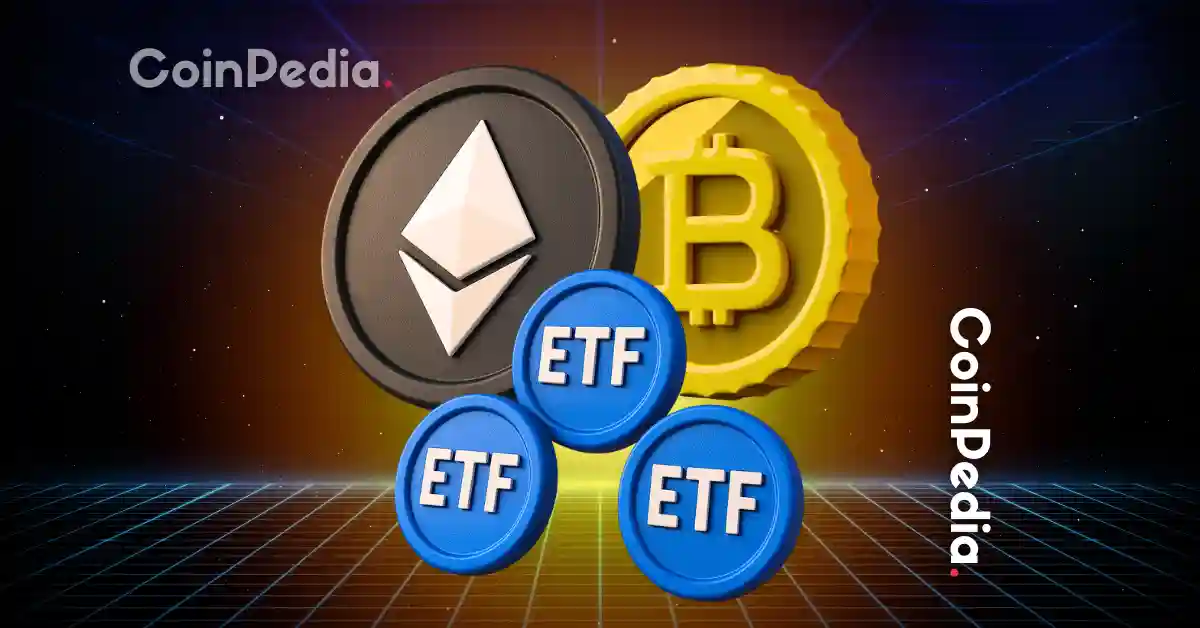
Understanding Bitcoin and Ethereum ETFs: A Game-Changer
The cryptocurrency market has continued to evolve, with Bitcoin and Ethereum Exchange-Traded Funds (ETFs) proving pivotal in 2023. These financial instruments allow investors to gain exposure to cryptocurrencies without holding the digital assets themselves, thereby simplifying the investment process. Let’s deep dive into the latest trends and numbers behind these ETFs.
Bitcoin ETF Insights and Trends
As of recent data, the total trading volume in Bitcoin ETFs hit an impressive $4.24 billion, while the net assets climbed to $152.45 billion. This represented 6.62% of Bitcoin’s total market cap, indicating growing investor interest. Despite a notable outflow of $51.28 million from Bitcoin ETFs, leading players like BlackRock’s IBIT recorded gains of $149.73 million.
Other prominent Bitcoin ETFs also showed significant activity: Fidelity’s FBTC saw a withdrawal of $116.03 million, while Grayscale’s GBTC experienced outflows of $62.64 million. Notably, net trading activity remains steady, showcasing the resilience of Bitcoin amid market fluctuations and Federal Reserve rate cuts.
Ethereum ETF Statistics and Growth
Ethereum ETFs are similarly gaining traction. Their total trading volume surged from $1.70 billion to $2.34 billion, contributing to a net assets value of $29.72 billion—equivalent to 5.47% of Ethereum’s market cap. Leading ETFs include BlackRock’s ETHA, which added $25.86 million in net inflows, and Grayscale’s ETH with $6.38 million in gains.
However, withdrawals were not absent here either. Fidelity’s FETH ETF recorded a withdrawal of $29.19 million, with Bitwise’s ETHW following at $9.67 million. Even with the outflows, Ethereum has managed to maintain investor confidence, evident in its daily trading volume jump to $44.462 billion.
What’s Driving ETF Investments?
The increasing popularity of Bitcoin and Ethereum ETFs can be attributed to their simplicity and traditional investment appeal. These ETFs allow investors to participate in the volatile cryptocurrency markets without worrying about digital wallets, private keys, or direct crypto ownership. Recent market activity suggests that institutional as well as retail investors are capitalizing on Federal Reserve rate cuts, which influence short-term market sentiment.
How to Invest in Cryptocurrency ETFs
If you’re interested in exploring cryptocurrency ETFs, products from BlackRock (like IBIT or ETHA) and Grayscale make excellent starting points. Platforms such as BlackRock offer beginner-friendly access to these ETFs, allowing you to safely diversify your portfolio and ride the wave of cryptocurrency growth.
Final Thoughts
Despite the highs and lows, Bitcoin and Ethereum ETFs represent an important bridge between traditional financial markets and cryptocurrencies. These tools offer increased accessibility and continue to attract widespread attention from investors. Stay tuned for further developments as the crypto market pushes boundaries and redefines trading norms.





